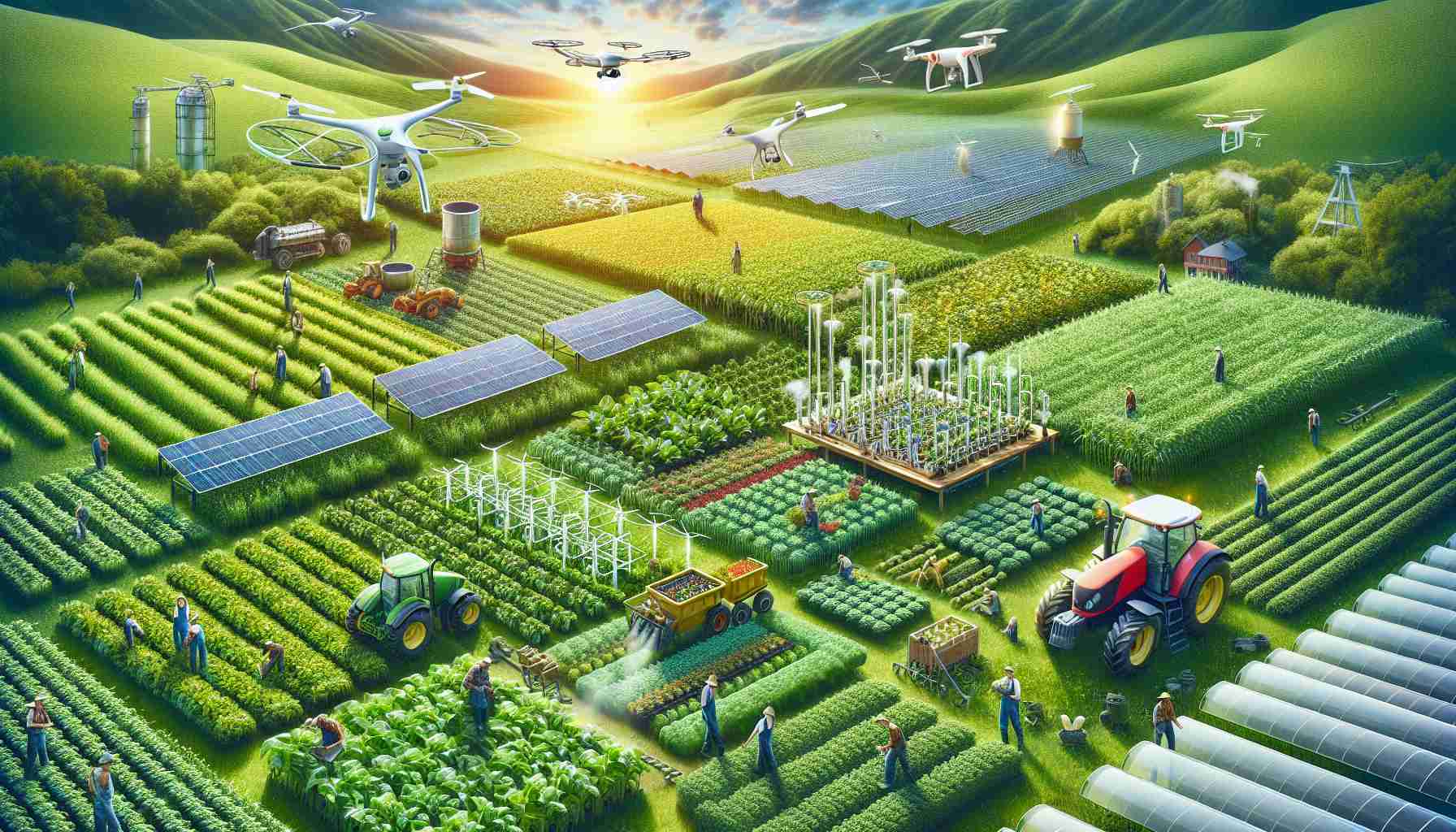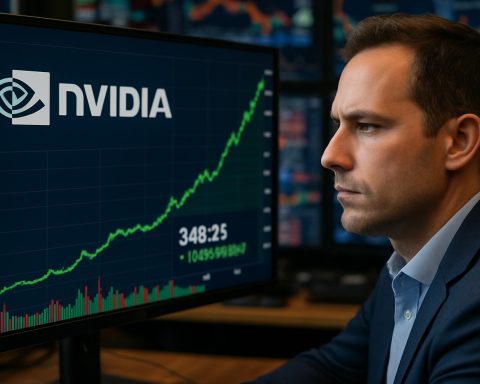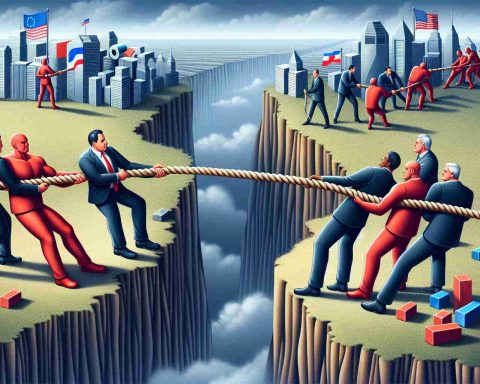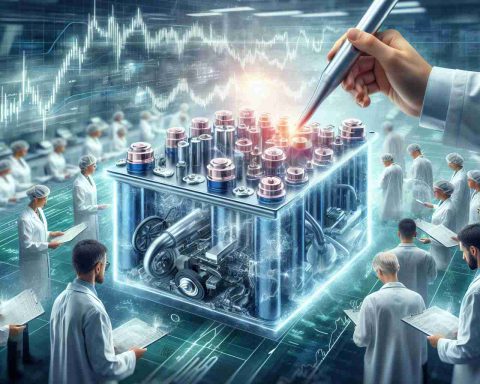Diving into the realm of sustainable agriculture, innovative techniques are revolutionizing the way we grow our food. We no longer rely on traditional methods; farmers are adopting cutting-edge technologies to cultivate crops in harmony with nature, reducing environmental impact and promoting long-term sustainability.
Incorporating precision agriculture, farmers use drones and sensors to monitor crop health and optimize resource use, resulting in increased yields and minimized waste. This shift towards sustainable practices benefits not only the environment but also ensures food security for future generations.
By harnessing renewable energy sources such as solar power and wind turbines, agricultural operations become more energy-efficient and reduce their carbon footprint. Additionally, the adoption of organic farming practices eliminates the need for harmful chemicals, prioritizing soil health and biodiversity.
Community-supported agriculture programs are on the rise, fostering direct relationships between consumers and farmers. This model promotes transparency in the food supply chain and empowers individuals to make informed decisions about the food they consume.
As we look towards the future of agriculture, it is clear that sustainability will be at the forefront of innovation. By embracing technology and environmentally friendly practices, the agricultural industry is undergoing a transformation towards a greener and more resilient future.
Exploring the Future of Sustainable Agriculture: Discovering New Frontiers
Delving into the realm of sustainable agriculture reveals a myriad of innovative strategies and advancements that are reshaping the food production landscape. While the previous article addressed key advancements, there are additional crucial aspects that warrant attention as we navigate this evolving sector.
What are the Most Crucial Questions Facing Sustainable Agriculture?
One essential question revolves around the scalability of sustainable agricultural practices. How can small-scale sustainable farming practices be expanded to meet the growing global food demand while maintaining environmental integrity? Finding solutions to this challenge is crucial for achieving widespread adoption of sustainable methods.
Another pressing concern is the integration of technology into agriculture. How can cutting-edge advancements such as artificial intelligence and blockchain be leveraged to enhance sustainability, traceability, and efficiency within the agricultural supply chain? Addressing these technological aspects will be fundamental to driving the future of sustainable agriculture.
Key Challenges and Controversies in Sustainable Agriculture:
A significant challenge is the resistance to change within the agricultural sector. Many traditional farmers may be hesitant to adopt sustainable practices due to perceived risks, initial investment costs, or a lack of awareness about long-term benefits. Overcoming this resistance through education and incentives is essential to accelerate the transition to sustainable agriculture.
There are also controversies surrounding genetically modified organisms (GMOs) and their role in sustainable agriculture. While GMOs have the potential to increase yields and crop resilience, concerns persist about genetic diversity, environmental impact, and consumer acceptance. Balancing the advantages of biotechnology with these ethical and environmental considerations remains a contentious issue in sustainable agriculture.
Advantages and Disadvantages of Sustainable Agriculture:
One of the main advantages of sustainable agriculture is its positive impact on the environment. By minimizing chemical inputs, conserving water resources, and preserving soil health, sustainable practices contribute to ecosystem resilience and biodiversity conservation. Additionally, sustainable agriculture promotes food security by ensuring the long-term viability of food production systems.
However, challenges such as higher labor costs, limited access to technical support, and potential yield variability represent disadvantages for sustainable agriculture. Small-scale farmers, in particular, may face difficulties in implementing and maintaining sustainable practices without adequate resources and support systems. Balancing these disadvantages with the benefits of sustainability is a critical consideration for the future of agriculture.
Related Links:
– Food and Agriculture Organization of the United Nations
– World Bank – Agriculture
As we continue navigating towards the future of sustainable agriculture, addressing these key questions, challenges, and controversies will be essential in shaping a resilient and environmentally conscious food system for generations to come.












